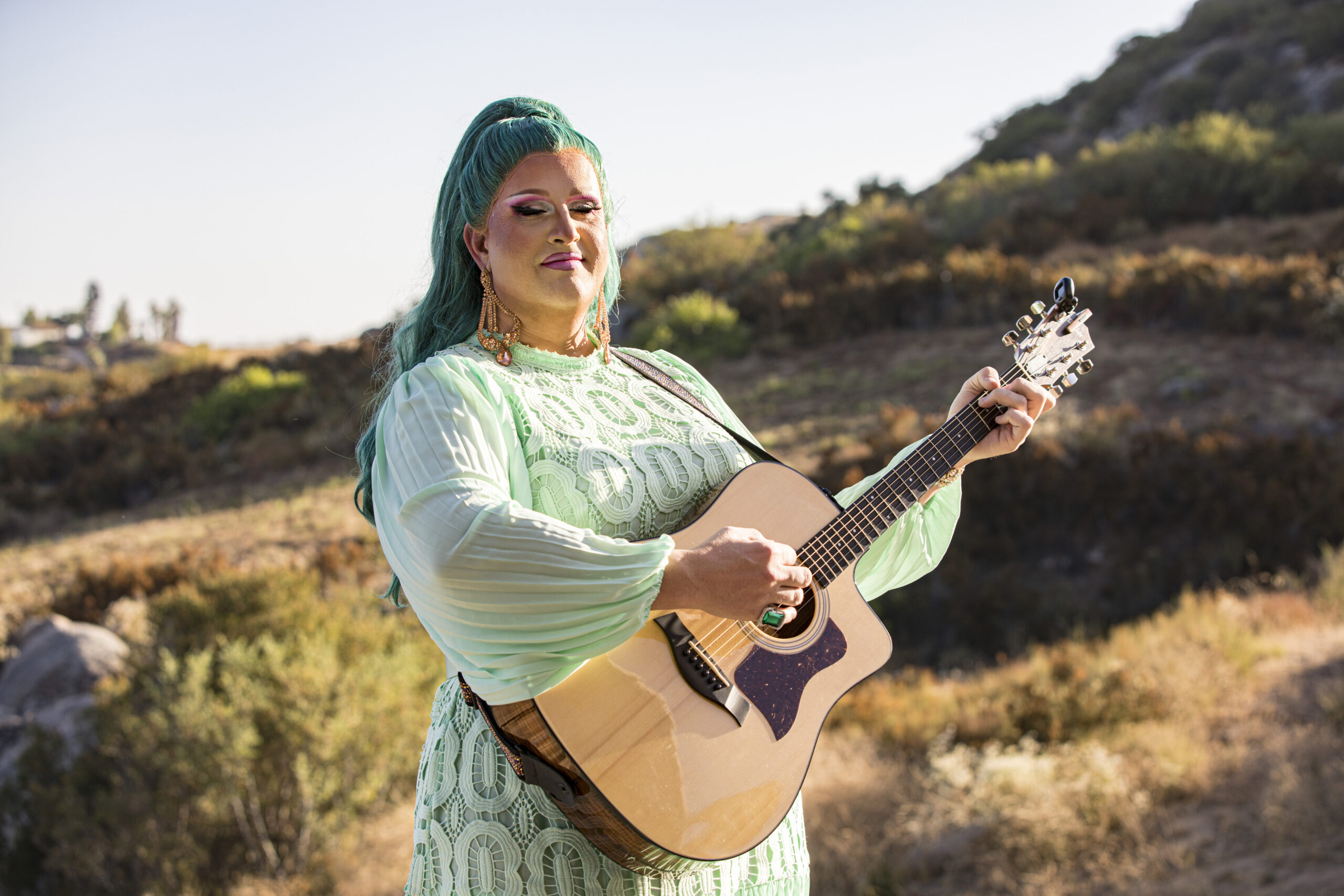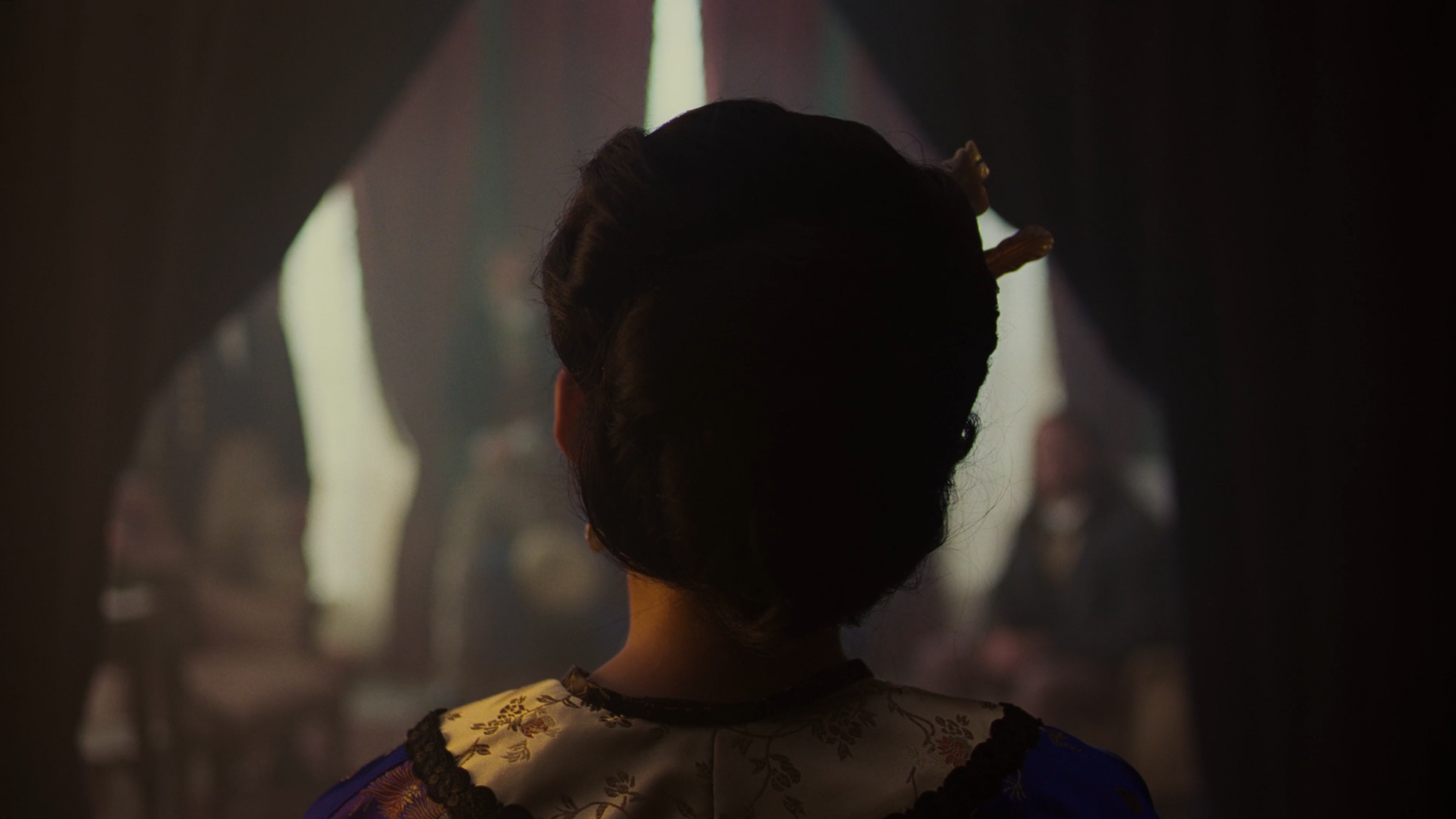Spoiler alert: It’s not that straightforward.
I have a confession to make: Over the last decade or so, it’s become increasingly difficult for me to understand why queer people raised in Christianity would want to remain practicing Christians as adults. This opinion is largely born of my own experience, and informed by the experience of countless others who have also had to overcome the self-hatred inflicted on them by anti-LGBTQ theology. I mean, why would I want to be part of a “big tent” religious affiliation in which a majority of my erstwhile coreligionists believe my very existence is sinful, including some—surely a larger proportion than most respectable Christians would like to admit—who think I deserve to be put to death simply for existing? As I see it, were I to continue to claim Christianity today, I would be submitting to the perpetual framing of my queer existence as a theological problem to be solved. And even if I were convinced that adopting “affirming” theology would solve that problem in my favor, the effort feels unnecessarily exhausting in the face of another option: simply refusing to defend my life in theological terms at all. No theology, no problem.
The mainstream punditocracy (both conservative and liberal) doesn’t see it that way, of course—and lately, I’ve been thinking a lot about how profoundly Christian privilege shapes our national discourse on the intersections of queerness, religion, and secularism. In particular, I’ve been thinking about how legacy media outlets take it for granted that religion, and especially Christianity, is a good thing, full stop, for both individuals and for society, a position that condescendingly implies that the nonreligious just don’t know what’s good for us. I’ve also wondered how this conversation might change, and how we all might benefit, if we could open it up to the many queer people directly affected by but largely excluded from taking part in it.
Despite my own stance on religion, I know many LGBTQ Christians feel empowered by reclaiming their faith from bigots, making it into something loving and inclusive and fabulous. Some of them still believe in miracles and a literal resurrection, and, to be perfectly honest, I don’t know that humans really choose whether or not we believe in the things that are at the core of our identities. As someone committed to embracing pluralism as essential to democracy, I respect queer Christians and believe we can hold space for each other. We are as we are: Each of us is individually complicated, and those of us who have left high-control Christian backgrounds are not all going to land in the same place.
The premise that religion is unequivocally good for all of us, however, is one I’ve long been skeptical of. It also, frankly, offends me—because it suggests that secular Americans, including the many queer people who have consciously disaffiliated from religion for very good reasons, are to blame for any suffering or unhappiness in our lives, when this distress is in fact largely caused by stigma, unequal treatment, and, often, rejection by our religious families when we choose to live as our authentic selves.
The doyens of the punditocracy insist that people have “metaphysical needs”; that dangerous political extremism will inevitably fill the void for those without religion (which makes American polarization at least partly the fault of us secularists); and that religion is necessary for community, social support, and good mental health—all of which, by their logic, secular people must lack. We’re expected to sit back and take it when The Atlantic and The New York Times tell us, if not exactly in so many words, that they know better than we do what we need to thrive. That the actual people who embody America’s rapid secularizing trend don’t deserve a say in how the story of American secularization is told, because we’re basically petulant children refusing to eat our vegetables.
But is any of this conventional wisdom based in truth? (Spoiler alert: It’s not.) And if we could sweep aside the dogma and the taboos in order to have a more nuanced discussion of American religion and secularism, what might both queer Christianity and queer secularism have to teach us all?
As for queer Christianity, it’s currently having a moment. A few weeks ago, Christian singer-songwriter and drag queen Flamy Grant topped the iTunes Christian music chart, staying at number one for nine days—the first time a drag queen had ever achieved the feat. Although her star was already rising, Flamy Grant’s meteoric leap to the number one spot was fueled in part by a hateful, viral tweet from charismatic evangelical Sean Feucht, best known for the massive anti-mask in-person worship concerts he held in various American cities during the COVID-19 pandemic—often without obtaining the necessary permits. His hateful rhetoric wasn’t surprising. Two years ago here in Portland, Oregon, Feucht used street brawlers, including Proud Boys, as his security detail—the kinds of gun-fetishizing Christian nationalist thugs who in recent years have taken to using intimidation and harassment in all-too-often successful attempts to shut down LGBTQ events and silence queer folks and our allies.
For anyone looking for evidence that Christianity and LGBTQ people are at odds with one another, Feucht provides a data point. But Grant’s spectacular popularity in turn offers a counterpoint: Clearly, unabashedly queer Christian art resonates profoundly with millions of Americans. The phenomenon reminds me of the time I observed a Jesus cosplayer at Orlando’s 2017 Pride festival giving out hugs to attendees, at least one of whom was moved to tears. Seeing that, you couldn’t help but feel something positive and powerful, whether you yourself believe in the ostensibly resurrected Jesus or not.
Even so, it has long been clear that American agnostics, atheists, and humanists trend disproportionately queer for what seem to me like obvious reasons—quite a few of us come from Christian backgrounds, and Christianity has typically not been kind to us. Although it did not use a nationally representative sample, American Atheists’ 2019 Secular Survey found that a striking 23% of its 33,897 respondents, drawn primarily from members of secular advocacy organizations, identified as LGBTQ. According to Gallup, less than a third as many Americans (7.2%) identify as LGBTQ overall.
But what about religious LGBTQ people? Earlier this year, the researchers Kelsy Burke, Andrew Flores, Suzanna Krivulskaya, and Tyler Lefevor attempted to answer this question, crafting a survey that asked members of the LGBTQ community (though also not a nationally representative sample) about their religious affiliation, reporting on their findings and conclusions for Religion News Service (RNS). According to the researchers, 36% of respondents reported a religious affiliation, a finding they framed—oddly, to my mind—as indicating that queer Americans are more religious than we might expect, given an ostensibly prevailing media narrative, fueled by Supreme Court decisions in favor of “religious freedom,” that queerness and faith are inherently at odds.
But this perception of American media outlets is in itself biased—and demonstrably false, as I’ve attempted to illustrate above. Our legacy media constantly sings the praises of religion, and the Flamy Grant phenomenon has only further proven that religion journalists are more than ready to celebrate queer Christianity, too. Indeed, in their rhetorical attempt to “save” queer religiosity by emphasizing how “high” 36% is, it seems to me that Burke, et al. were participating in what I consider the quintessential religion of America’s public sphere: faith in faith itself.
A hint of this pro-faith bias shows through in the way that the researchers summarized the findings of a separate study, in the same story, about religious affiliation and mental health outcomes among sexual minorities. “Although faith and participation in religion have been clearly linked to better health in heterosexual people,” they tell us, “these effects are less strong for LGBTQ+ people.” However, what the study they link to, a meta-analysis, actually says is this: “The relationship between R/S and health disappears or becomes negative when participants are sampled from sexual minority venues (e.g., bars/clubs; r = .01).” That’s social scientist speak for, “Religion and spirituality has either no impact or a negative impact on queer folks’ mental health when a study’s sample is drawn from queer community spaces.” This is clearly not the same as a “less strong” positive effect on mental health outcomes—in fact, this finding suggests that what really matters is community and social support, and that in at least some cases queer people are actually better off finding that outside of church than inside it.
With that in mind, I turned to Joshua Grubbs, an associate professor of psychology at the University of New Mexico and a fellow exvangelical whose expertise includes the relationship of religion to mental health, for an assessment of the state of the field. “Broadly speaking, religion provides two major positives for wellbeing: purpose/meaning-making and community,” Grubbs told me. But religion doesn’t provide that for all of us. If a person’s “religious affiliation is causing feelings of purposelessness, lack of meaning, or lack of community/belonging,” Grubbs explained, “it’s likely that the religious affiliation is causing harm to mental health.” He added, “In premise, if people are actively involved in community outside of religion and if they are able to find purpose/meaning in other things, they are quite likely to do just as well without religion as they would with it.” Unfortunately, as Grubbs noted in our email exchange, this is often difficult (but not impossible) to do in the United States.
To me, one way we can begin to address the media bias is obvious: Both religious and nonreligious queer folks should have and deserve representation in our national discussion of religion, secularization, and American society. They also both deserve to have their choices to be religious or secular respected. As for the RNS report, despite its shortcomings, I applaud the authors for undertaking original research on the relationship of LGBTQ Americans to religion. More of that should be done. But while data is important, so are our actual voices: Crucially, the report contains no qualitative data or quotations from members of the LGBTQ community, represented only as statistics.
Like the American religiously unaffiliated generally, the queer unaffiliated are particularly underrepresented in a public sphere being gatekept by the priests of the Great American Faith in Faith. The fact is, there is no one-size-fits-all approach to making meaning as a human. We do not all have “metaphysical needs.” We have human needs, needs to belong and be supported, to be a part of something bigger than ourselves, to find meaning in our lives—and while religion provides that for some of us, for others it is downright toxic. What might a more robust, nuanced, inclusive conversation about religion, secularism, queerness, and society look like? I think it would benefit us all to find out by bringing more secular Americans, and more queer Americans, whether secular or religious, into the elite public sphere to challenge the punditocracy’s demonstrably false idea of religion being a universal path to wellbeing and happiness.



